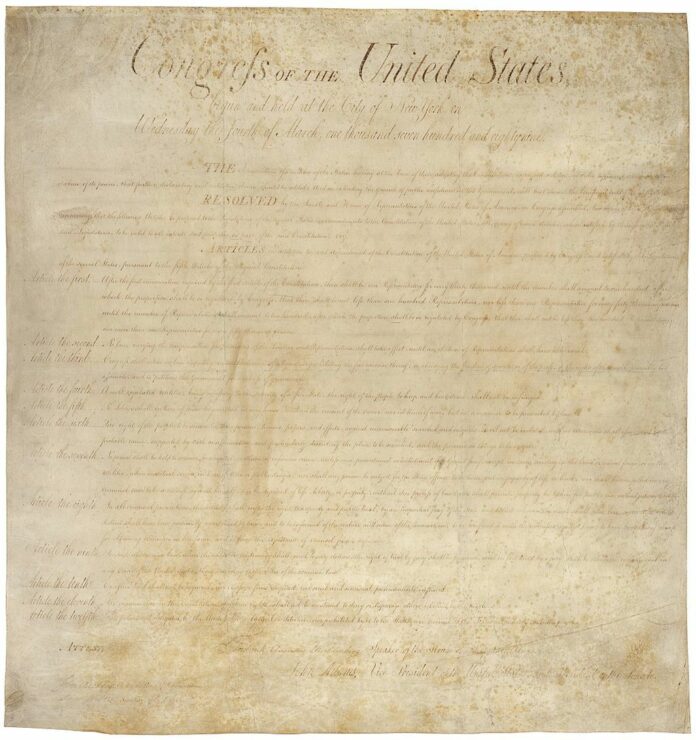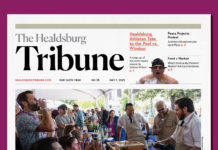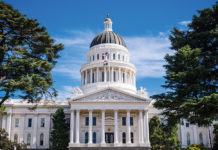Congress shall make no law … abridging the freedom of speech, or of the press …
As of late, our press and the First Amendment have been under a concerted attack by the President of the United States. Without any evidence, he has repeatedly accused the New York Times of false reporting as part of his effort to influence and undermine federal investigations involving him. The president has said that he wants to “open up the libel laws,” presumably to make it easier for him to sue news publications for what he feels is unfair or unflattering coverage. What he is really complaining about is NY Times v. Sullivan, the 1964 U.S. Supreme Court case (9-0 decision), which relied on the First Amendment to hold that public figures must meet a higher standard than an average citizen in pursuing a libel claim.
The Supreme Court in Sullivan held that to succeed in a libel lawsuit, “A public official must show that an accusation against him or her was made with knowledge that it was false, or with reckless disregard for the truth.” The president has demonstrated, however, that he has not thought very deeply about the case. Even under Sullivan, the president could sue the Times if he really had evidence that the paper printed falsehoods about him. Instead he blusters and threatens. Unfortunately for him, the case also holds he would have to show his reputation was damaged by the newspaper. That could be tough for him. I wonder too if Trump has thought about the fact that if it were easier for him to sue the press, than it would also be easier for the many “public figures” he has maligned to sue him.
But what has me just as worried about the president’s constant tirades about the press, is a recent Supreme Court decision where Justice Clarence Thomas wrote a concurring opinion about the Sullivan case, which he says should be overturned. In that opinion he said that we should return to the time the First Amendment was ratified in 1791, when state laws made it was easier to sue for libel. Justice Thomas, ironically, an African American, has either forgotten, or is ignoring history. Sullivan was a local official in Montgomery, Ala., who sued the Times and won a verdict for $500,000 in a local court in front of a hometown jury. The Times appealed and the U.S. Supreme Court reversed the verdict. The court’s ruling discouraged Southern politicians from suing national newspapers who were trying to cover the civil rights movement. These politicians were “eager to starve the civil rights movement of the oxygen of national attention.” Why would Justice Thomas not agree with the Sullivan decision, which protected the American public’s ability to assess the situation in the South for itself. (Equally worrisome is that Thomas’ words came a few weeks after the president met with the Justice’s wife, Ginni Thomas, in a private White House session.)
Both the president and Justice Thomas also forget that the journalists are not the only beneficiaries of Times v. Sullivan; it also respects the Americans’ right to know. The Sullivan decision is consistent with the First Amendment intent to promote “uninhibited, robust and wide open public debate.” We should remember that we are about to celebrate National Sunshine Week, March 10 to 16, which recognizes the birth of James Madison, and promotes the idea that a government functions best when it functions in the open. Unfortunately, President Trump and Justice Thomas are probably not going to participate in the week’s activities, which will engage public discussion about the importance of open government.
Greg Jacobs, a Sebastopol native and resident, graduated from Stanford University in 1970 with a degree in English. He attended Hastings College of the Law and graduated in 1973. He worked for the Sonoma County District Attorney’s Office for 35 years, and retired in 2008 as Assistant District Attorney.
56.9
F
Healdsburg
July 13, 2025









